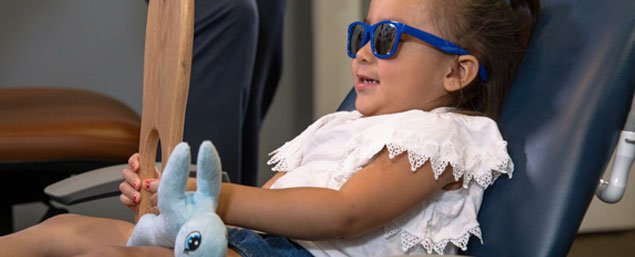Written by: Sam Zwetchkenbaum, Dental Director, and Madeline Weil, Academic Scholar, Rhode Island Department of Health, Oral Health Program.
If you are a parent or caregiver, you know that kids are always on the move. Having an active child means that accidents can happen at any time, including to primary (baby) and permanent (adult) teeth. The International Association of Dental Traumatology reports that most dental injuries occur before age 19.


